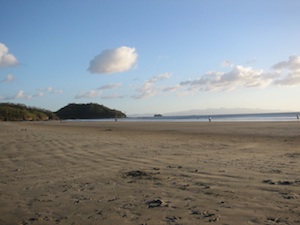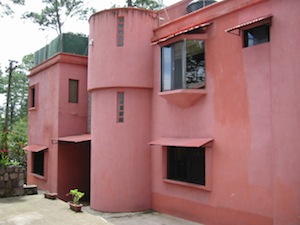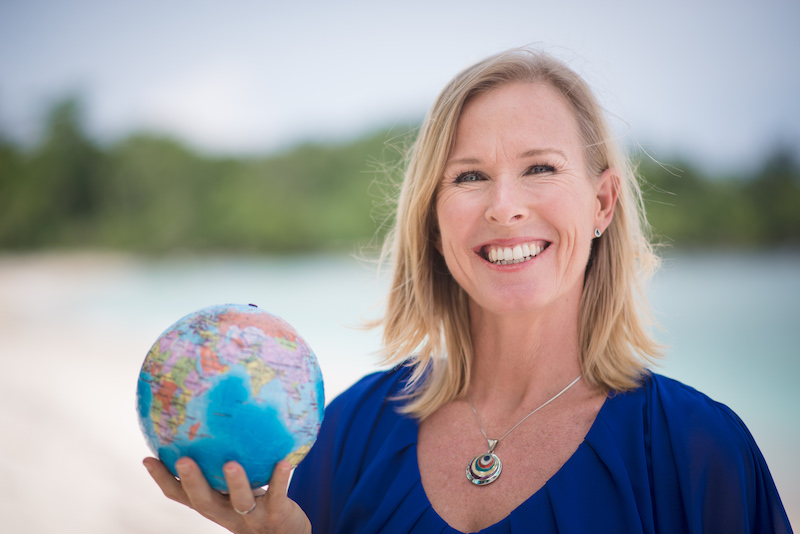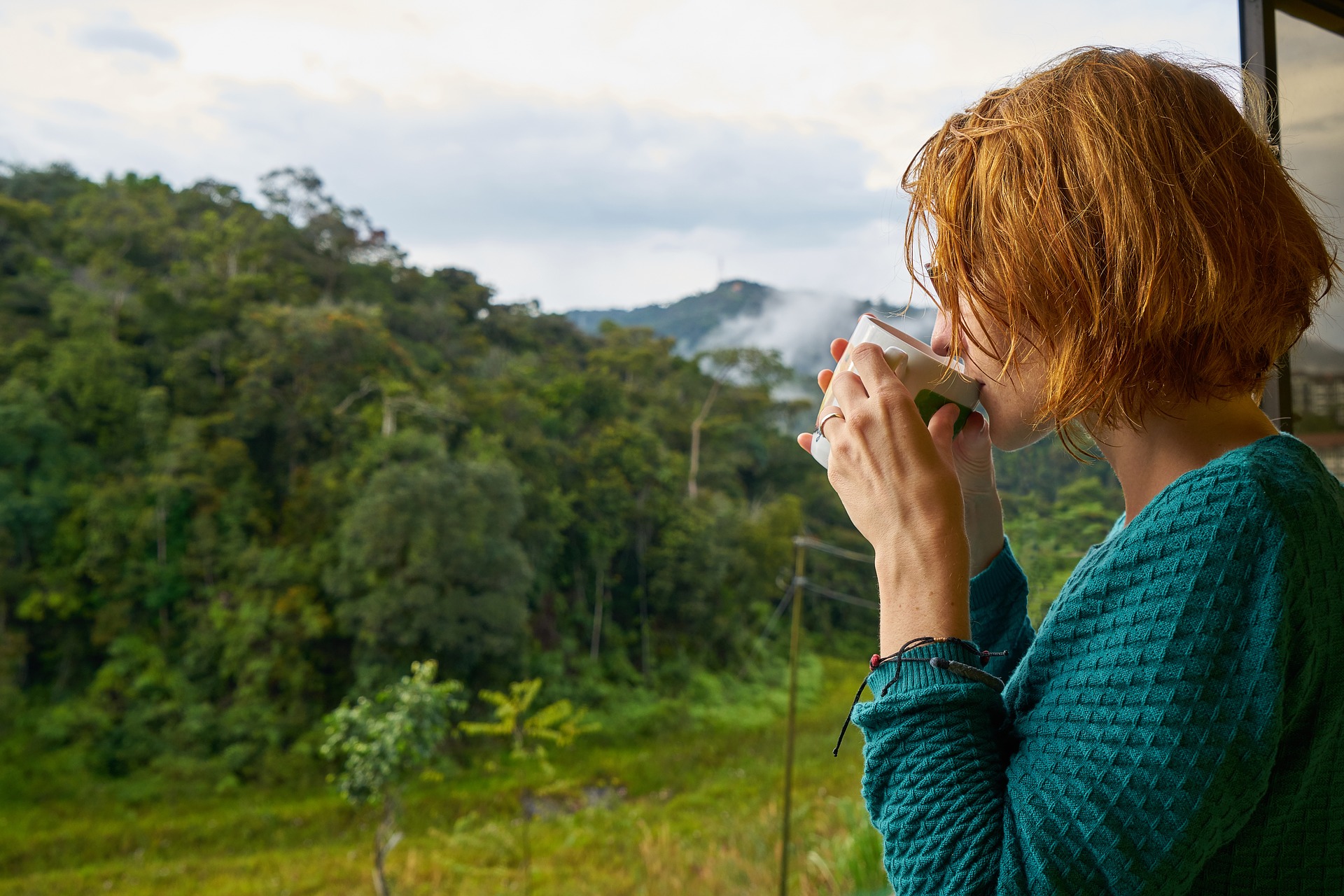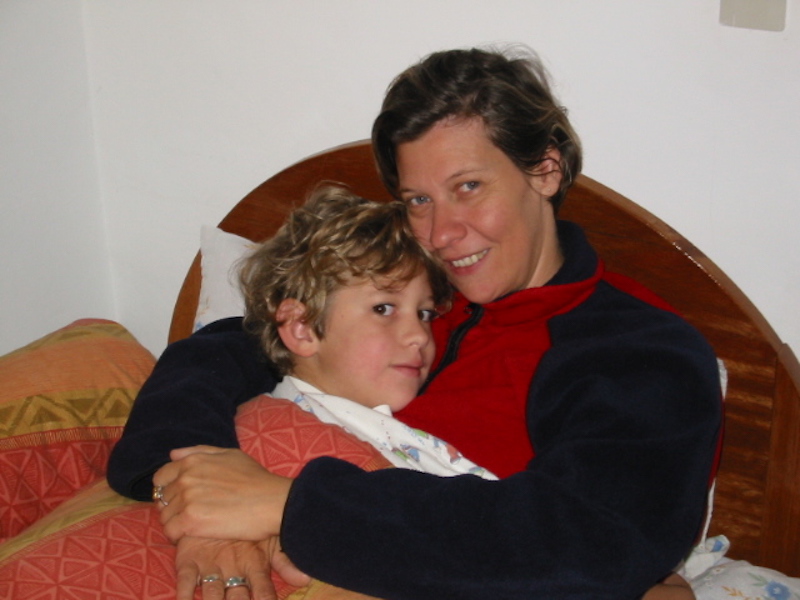
In this article, Claudiaexpat shares her experience of a two-pronged attack of Dengue when she was living in Honduras.
Every time I look back at my whole expatlife, I always feel incredibly lucky to have returned with my children still healthy, strong and happy, and a husband still by my side. We have lived in countries rocked by civil wars and coups d’etats; in countries where malaria and deadly diseases were part of every day life. For this special Expatclic update I decided to reflect upon my own experience with regard to health, realising of course, that I have an incredible amount of experience to share.
Astonishingly, I never got malaria. I have, though, seen my husband going through a really bad time after being stung by the hated female mosquito that transmits the disease. My two young sons both got it twice. In Lubango, Angola, I had a vaginal polyp removed in a hospital where there were more microbes than medicines, not to mention a second, very complicated pregnancy in the Congo. In fact with my first child I visited ALL the emergency rooms of ALL the countries we went through (even on vacation). But the most devastating and absolutely unforgettable experience that I want to share, was the two-pronged attack of dengue fever that I had in Honduras.
You will certainly understand that arriving in Central America, I wasn’t in the least bit worried after the eight years of hard African living, during which time most of the mosquitoes of the continent had failed to have any affect on me whatsoever. What could possibly happen if the hated insect decided to sting me now, in Honduras? To be perfectly honest, ignorance was bliss as I had no idea what dengue is.
We had had a wonderful holiday in Nicaragua and whilst we were away, we’d heard of several cases of Dengue. It wasn’t until a couple of weeks after our return, that I started to feel sick with classic flu symptoms: aching bones and muscles, headaches and fatigue. I took two aspirin and went to bed. A friend in Guatemala alerted me to the possibility that it could be an attack of dengue, in which case aspirin could be extremely dangerous as it thins the blood increasing the risk of bleeding out if it was hemorrhagic dengue. At this point I was seriously upset.
I actually found out that there are several strains of the dengue virus. One of these can cause fever with a high risk of death. Moreover though, traces of the virus in the blood are only visible at least one week after the onset of symptoms, and great caution must be taken in its treatment.
One thing is certain, in case of doubt, never use aspirin. I went to the doctor who confirmed my suspicion, and advised me to stay in bed and drink plenty of fluids, until it passed.
It was one of the toughest times of my life from a physical point of view. The throbbing headache was ever present, and the fatigue and bone pain were unbearable. But the one thing I was totally unprepared for was the depression during convalescence, which thankfully was mild in my case (why is it that in most cases you discover things when you are actually living them and not before?). The dengue fever is so devastating that it often leaves the sufferer completely powerless because of exhaustion. It took me a whole month before resuming a normal life.
But the worst was yet to come. Exactly one year later I was hit by hemorrhagic dengue fever. Apparently, there are four strains of dengue fever. You do become immune to the type you’ve endured and overcome, but you are still vulnerable to the other three strains! Knowing this, I did everything in my power to avoid mosquito bites, when we took another holiday in Nicaragua.
There are actually no preventive prophylaxis against dengue. The only thing that can be done is to exercise caution around mosquitoes, and avoid places where they proliferate.
Despite this, a few weeks after my return to Honduras, the symptoms of Dengue displayed themselves again so abruptly, that I was in shock. I remember the exact moment I realised I was having a relapse: I was sitting in my house in Tegucigalpa, reading a book and eating risotto that my husband had prepared. I suddenly felt THAT bone pain again. I went straight to bed. Little did I know that I wouldn’t be leaving it for more than two weeks, except to go to the hospital.
The symptoms were so violent the exhaustion was immediate. Mindful of my previous experience, I avoided aspirin like the plague and steeled myself to let the virus run its course. Unfortunately, this time it was even more serious. At nighttime I would get up to vomit and would pass out between the bathroom and bedroom. I woke up with hands and feet numb through lack of potassium. Fortunately my doctor decided to hospitalise me when he saw that my condition was deteriorating. Without realising it, he had also alerted the blood bank of the Honduran Red Cross in case I had a hemorrhage and needed an urgent blood transfusion.
I was admitted to the Honduras Medical Center (https://www.hmc.com.hn/) which has now been completely renovated but at that time it was rather antiquated. It was outstanding for this type of emergency. I immediately felt protected and in professional hands. I had my own room and was looked after extremely well. But above all else, I was calm because I knew that even if I had started bleeding, my life was in no real danger. I was sure though that it was hemorrhagic dengue.
The confirmation came one morning a few days after admission, when, already much improved, I was brushing my teeth and my gums began to bleed. It wasn’t anything too serious at that point – the virus had almost been completely absorbed – but a clear sign reminding me of what was happening to me.
This was my last attack of dengue, fortunately. I haven’t experienced anything quite as bad in my life again except something similar when I suffered from altitude sickness in Cusco. If I can give advice to those who live in areas where dengue is endemic, I would suggest that you create a functioning and effective network of intervention as soon as symptoms start to display, just in case you have hemorrhagic dengue. I discovered (luckily when my convalescence was completed) that the wife of a colleague of my husband had gone through the same experience except that a series of circumstances beyond her control meant she couldn’t overcome the bleeding relapse. Unfortunately, we give very little thought to diseases that are not included in our “everyday” medical vocabulary. When we choose to live in countries where the risk is high, we must learn to be alarmed at the very first sign of symptoms, even if they are similar to more mundane illnesses. Better to be safe than sorry. It could just save your life.
Claudia Landini (Claudiaexpat)
Jerusalem
November 2012
Photos ©ClaudiaLandini

